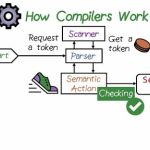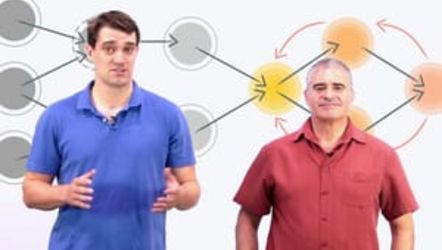
Computability, Complexity & Algorithms
Summary
This class is offered as CS6505 at Georgia Tech where it is a part of the Online Masters Degree (OMS). Taking this course here will not earn credit towards the OMS degree.
In this course, we will ask the big questions, "What is a computer? What are the limits of computation? Are there problems that no computer will ever solve? Are there problems that can’t be solved quickly? What kinds of problems can we solve efficiently and how do we go about developing these algorithms?" Understanding the power and limitations of algorithms helps us develop the tools to make real-world computers smarter, faster and safer.
Expected Learning
You will learn a wealth of tools and techniques that will help you recognize when problems you encounter in the real-world are intractable and when there an efficient solution. This can save you countless hours that otherwise would have been spent on a fruitless endeavor or in re-inventing the wheel.
Syllabus
Lesson 1: Computability
- Languages & Countability
- Turing Machines
- The Church-Turing Thesis
- Universality
- Undecidability
Lesson 2: Complexity
- P and NP
- NP-Completeness
- NP-Complete Problems
- The Golden Ticket
Lesson 3: Algorithms
- Dynamic Programming
- Fast Fourier Transform
- Maximum Flow
- Maximum Bipartite Matching
- Linear Programming
- Duality
- Randomized Algorithms
- Approximation Algorithms
Required Knowledge
Students are expected to have a solid grasp of the basics of discrete mathematics. Discrete Mathematics and Its Applications by Ken Rosen provides an excellent background for this course.
If you answer "no" to any of the following questions, it may be beneficial to acquire background knowledge concurrently or prior to taking the course.
- Can you show that the sum of the first n numbers is n(n+1)/2? Can you give the proof as an induction on n?
- Can you give an O(n log n) algorithm for sorting n numbers?
- Can you describe the difference between breadth-first and depth-first search?
- Given an nxn matrix A and an n-dimensional vector b, can you give a polynomial-time algorithm to find a vector x such that Ax=b?
Free
Advanced
Charles Brubaker
Georgia Institute of Technology
Coursearena





